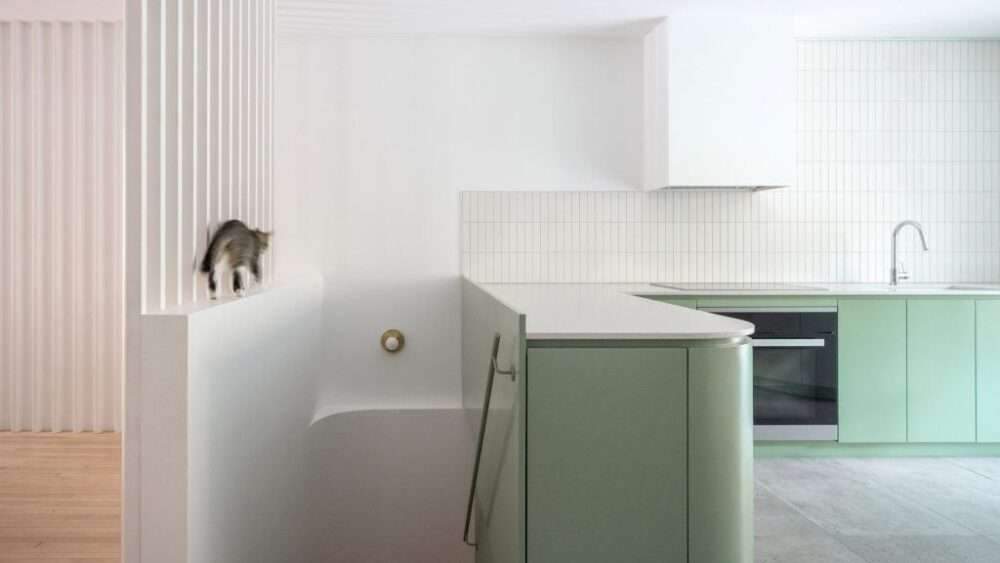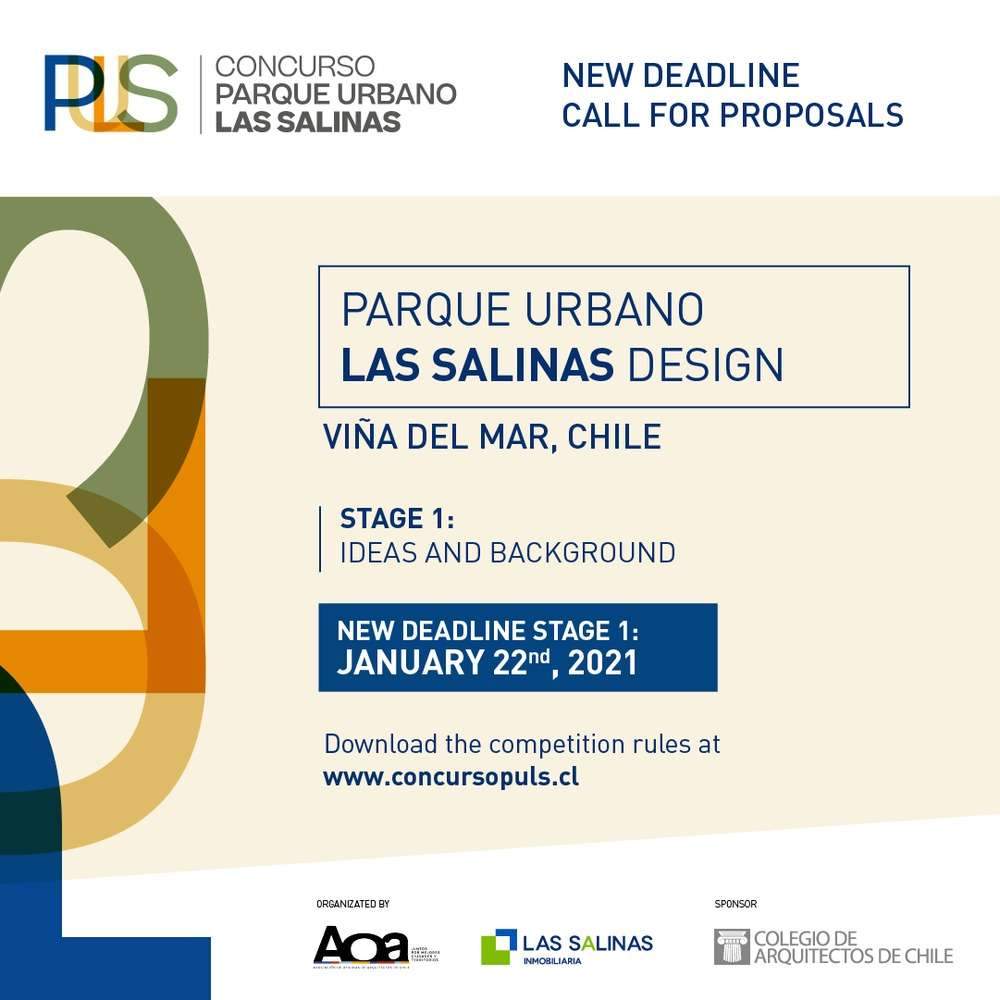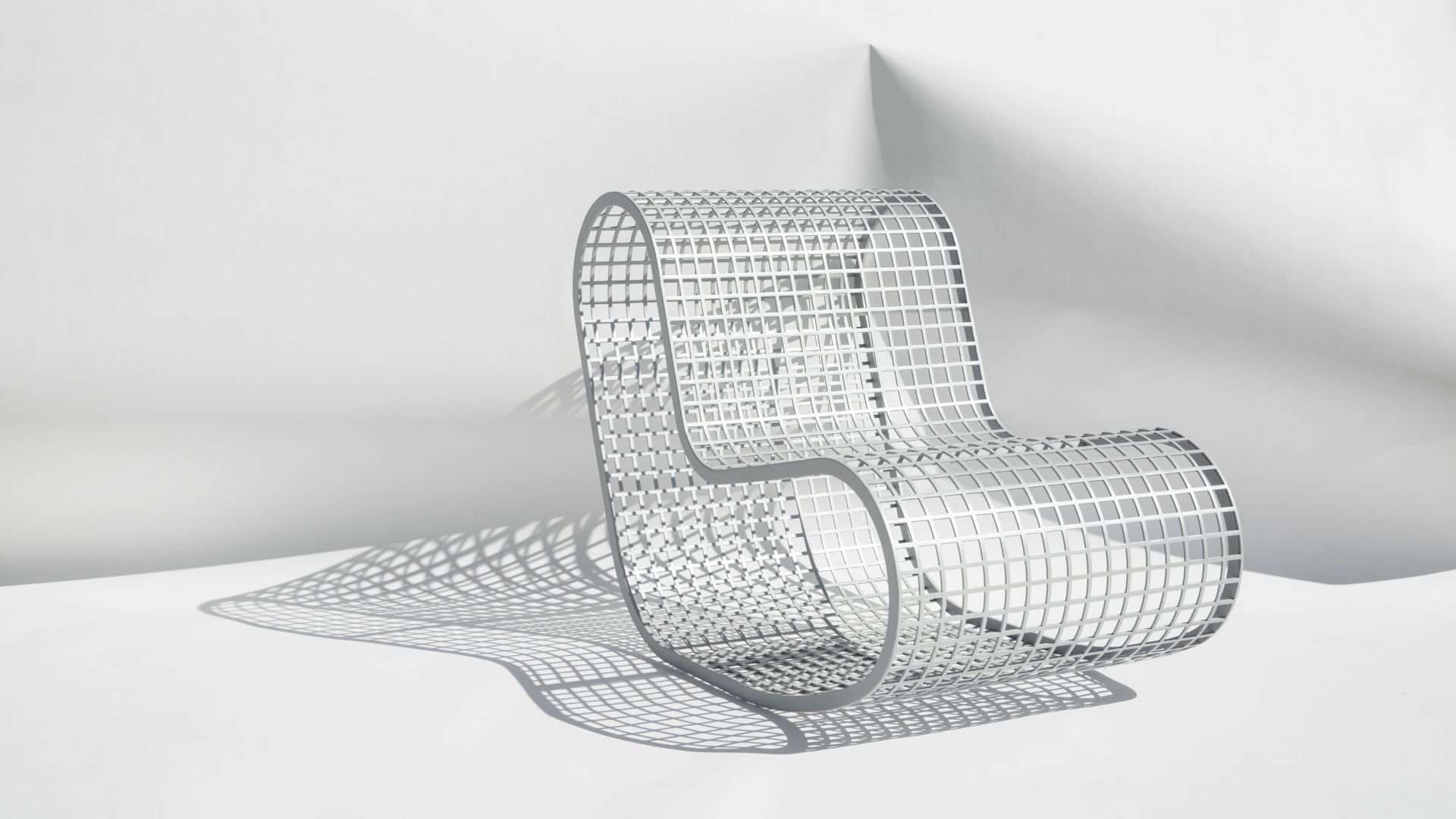Eight pared-back kitchens with minimalist storage solutions
Eight pared-back kitchens with minimalist storage solutions
By hiding utensils and crockery away, benches and kitchen islands are freed up to use for food preparation. In some of these kitchens, open shelves above the work areas also provide spaces to hold decorative plates, bowls, and cookbooks.
This is the latest in our lookbooks series, which provides visual inspiration from Dezeen’s archive. For more inspiration see previous lookbooks featuring homes where the wardrobe is the focal point, bedrooms with statement headboards, and homes with pergolas.
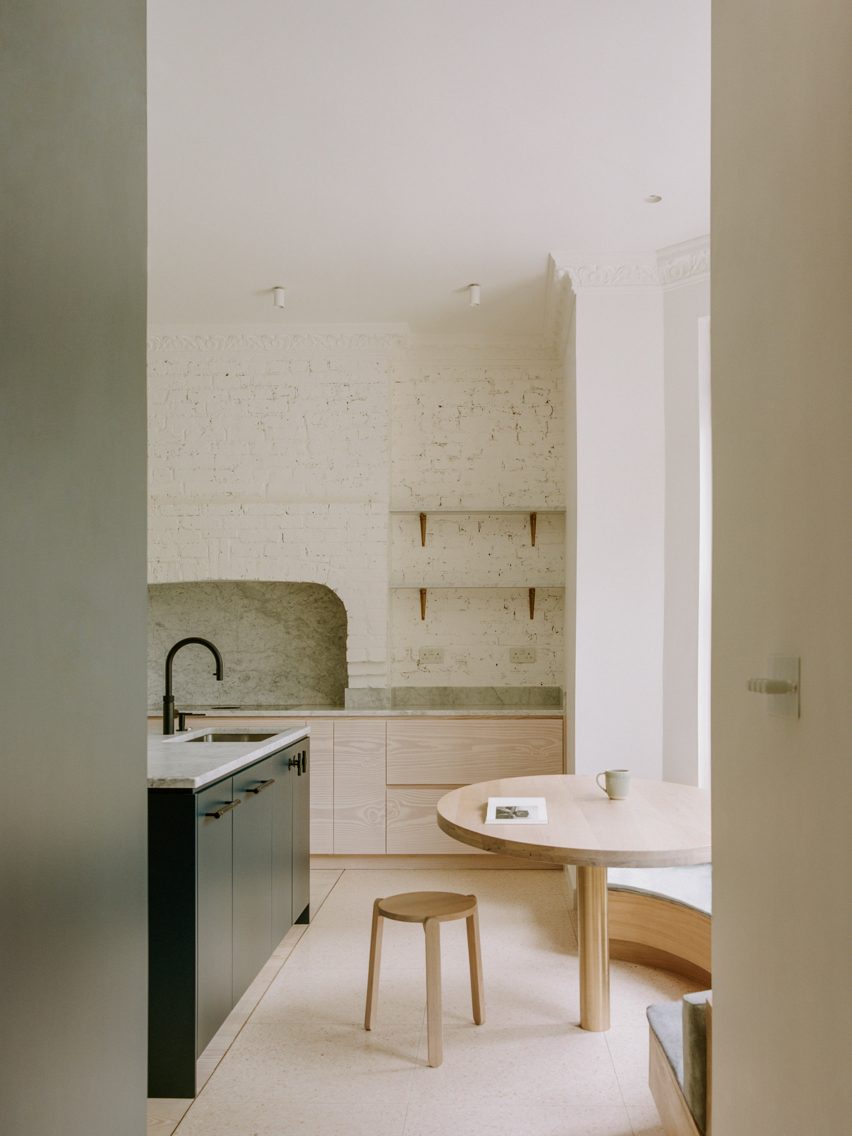
Steele’s Road House, UK, by Neiheiser Argyros
The original brickwork was uncovered in parts of this London flat, including in the kitchen where it forms the backdrop to the room’s minimalist cabinets.
Pale-wood cupboards sit underneath the brick wall, which also features shelves to add more storage.
Designers Neiheiser Argyros added a curved window seat, as well as a wooden kitchen table and stool to match the cabinets and give the room a more natural feel.
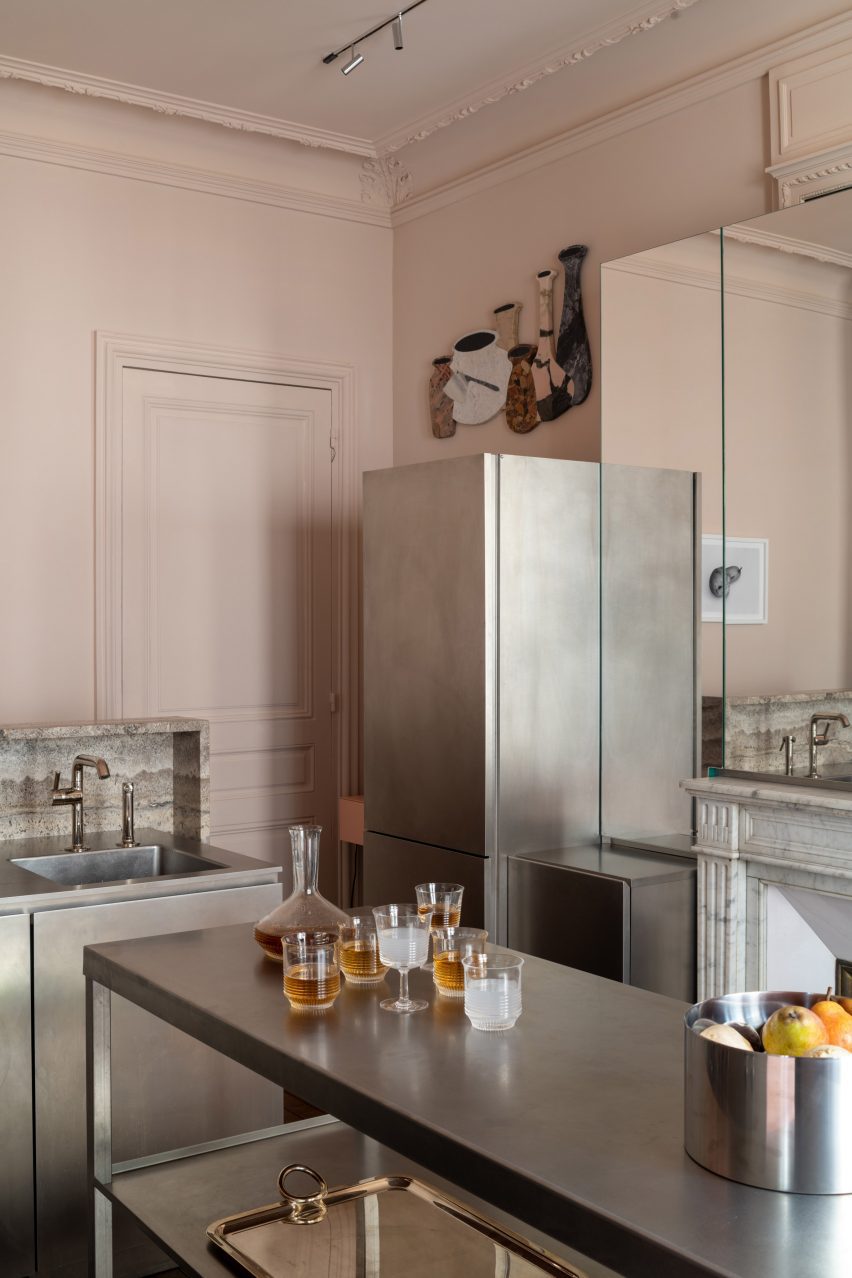
Hausmann apartment, France, by Rodolphe Parente
This Parisian apartment in a 19th-century Haussmann building in Paris was given an overhaul by interior designer Rodolphe Parente, who took cues from the owner’s art collection.
In the kitchen, stainless steel cabinets were used to form storage and workspaces, creating an industrial feel that is tempered by pastel-pink walls.
“The kitchen is a deconstructed block sitting in the Haussmanian environment,” Parente told Dezeen. “It is connected to the historical elements through its composition.”
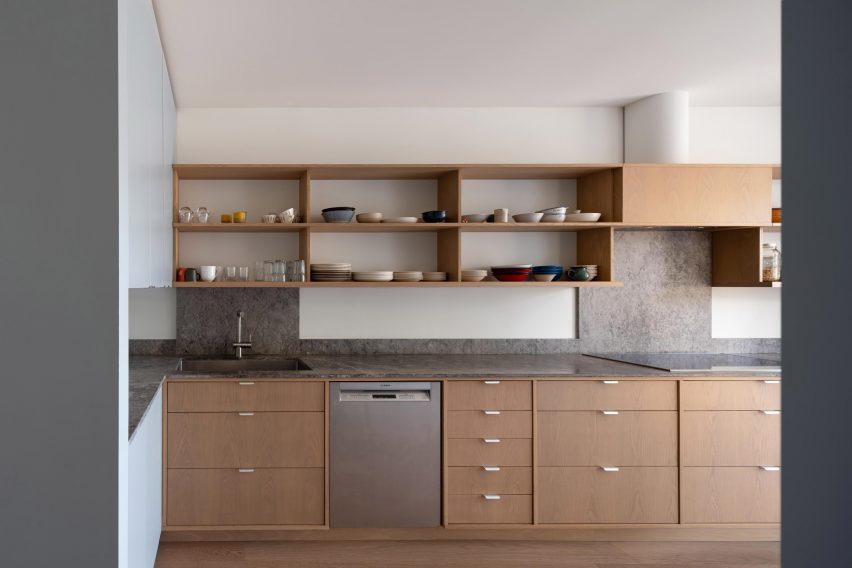
House M, Canada, by Studio Vaaro
Studio Vaaro used oak cabinetry for the kitchen of this home in Canada while matching oak shelving provides additional storage above the workspaces.
To contrast the warm wood, the studio chose grey marble for the countertops and splashback. This gives the kitchen an organic feel. Additional storage can be found in the pale grey cabinets that frame the kitchen.
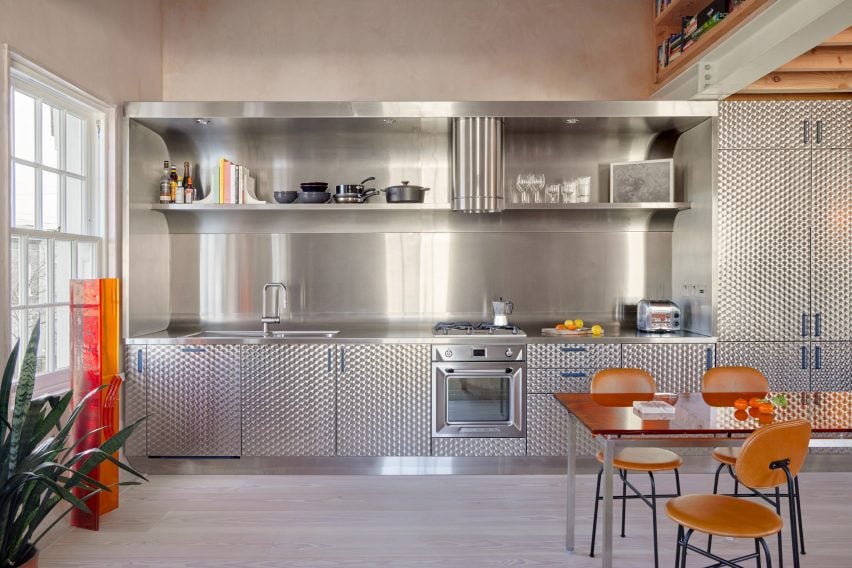
London Apartment, UK, by Holloway Li
A kitchen clad in circle-brushed stainless steel clads one wall in this London flat by local studio Holloway Li. Designed in reference to the city’s many fish-and-chip shops, it features a striking curved splashback.
Above the workspaces, a built-in open shelf provides space to store glasses and about. With the rest of the storage hidden behind patterned-steel cabinet doors.
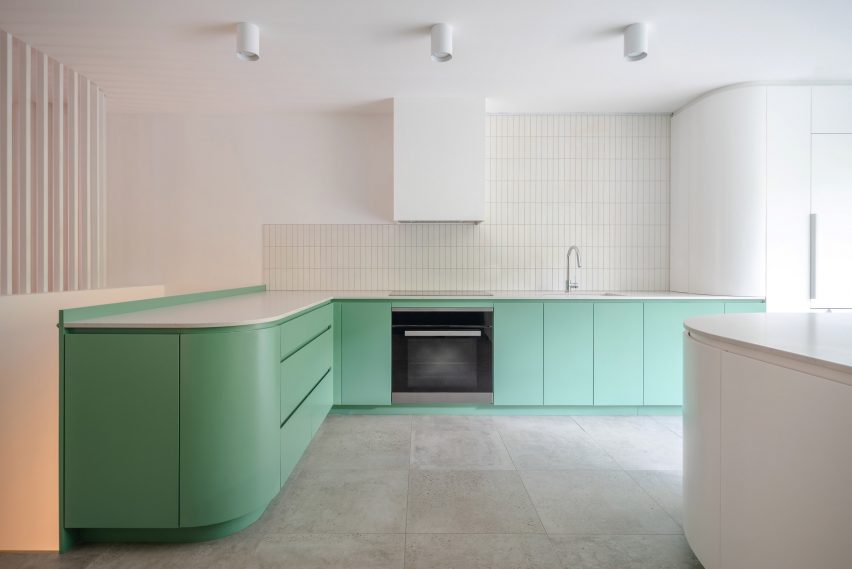
Montreal apartment, Canada, by Naturehumanie
Fresh minty hues decorate the kitchen of this Montreal apartment, which was given a modern update while retaining many of its traditional details.
The green color matches that of the apartment’s existing stained glass doors. And the kitchen island and cabinets both have inviting curved forms, finished in a glossy paint that complements the rougher tiles above the counters.
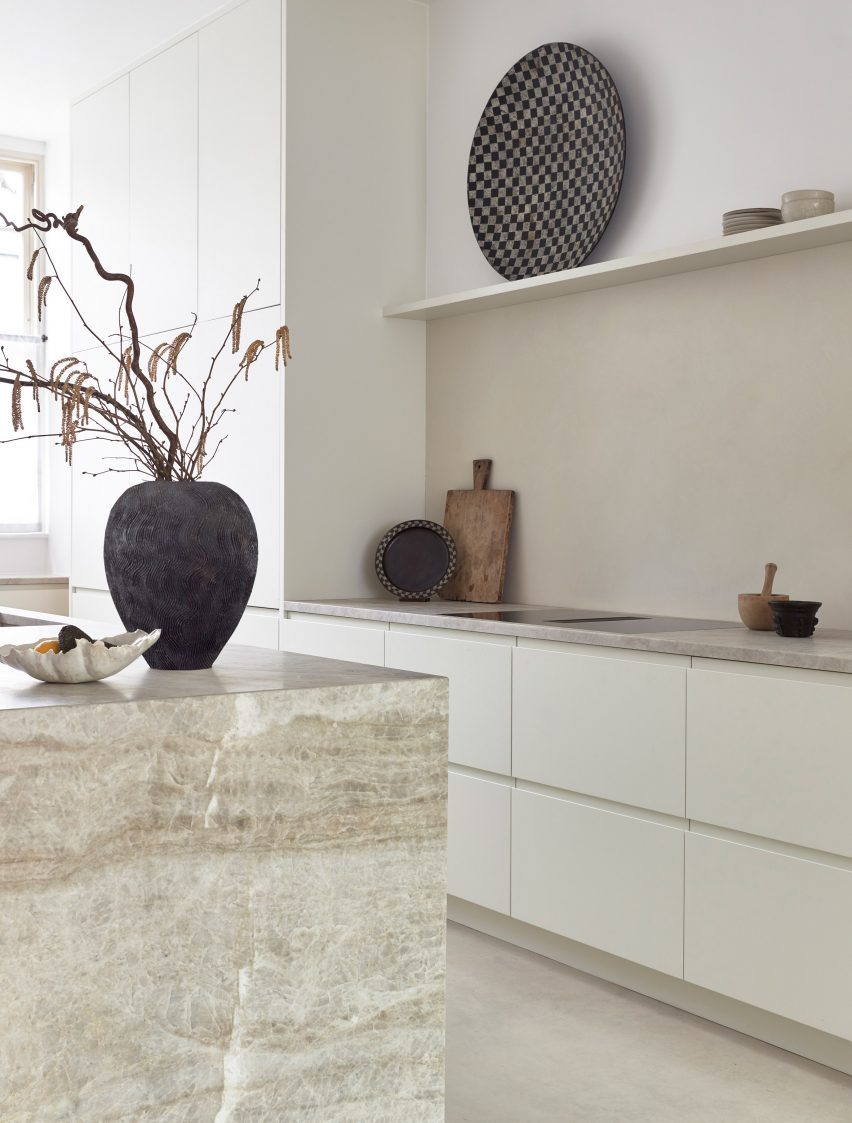
Highbury House, UK, by Daytrip
Located in Highbury in north London, this home juxtaposes gallery-like minimalism with more organic forms.
This is evident in the kitchen, where pared-back storage cabinets in an unusual rectangular shape sit underneath a decorative marble countertop.
Sculptural vases, plates, and cooking utensils decorate the matching marble kitchen island and a small ledge that functions as both a storage and display counter.
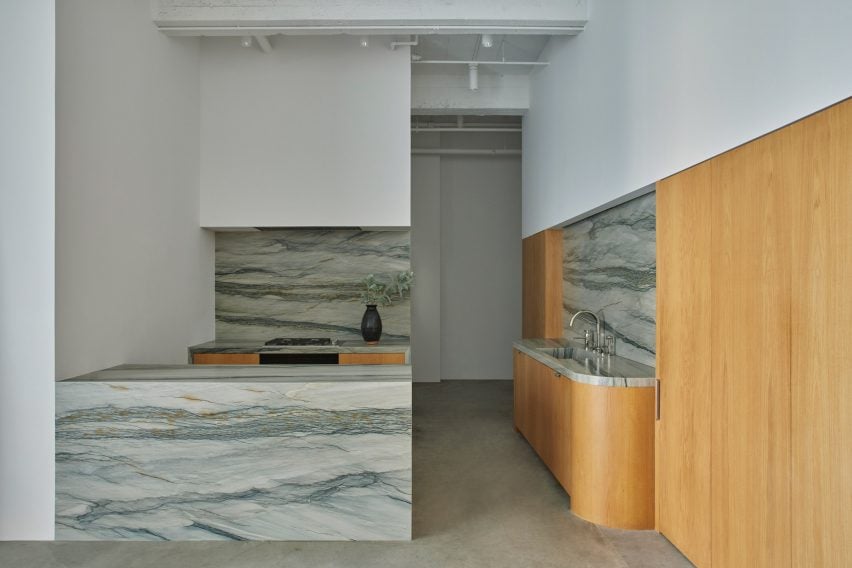
Eastern Columbia Loft, US, by Sheft Farrace
Architecture studio Sheft Farrace renovated this flat, which is located in the iconic art Deco Eastern Columbia building in LA. Creating minimalist interiors that draw on the building’s exterior.
This can be seen in the curved corners of the counters and the elongated cabinet hardware, which reference 1930s design. Moreover, Florida Brush quartzite was used to cover much of the kitchen. Therefore Adding a striking decorative detail complemented by white oak.
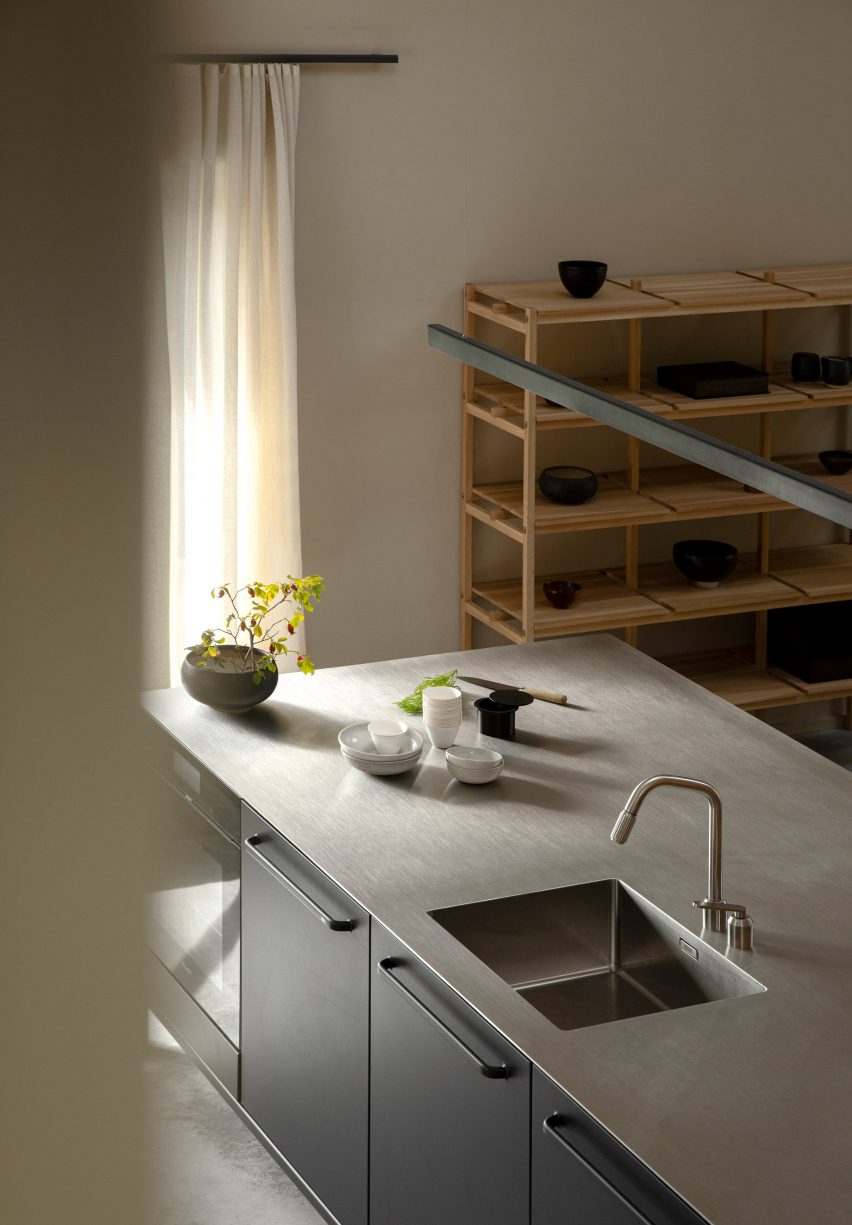
Archipelago House, Sweden, by Norm Architects
Danish studio Norm Architects designed this home on the west coast of Sweden to embody both Scandinavian and Japanese aesthetics.
In the white-walled kitchen, a stainless-steel kitchen island offers both a practical workspace and cupboards for storage. Open wood shelving was decorated with black ceramics to create an art installation-style feature on one wall.
Finally, Read more on Archup:

